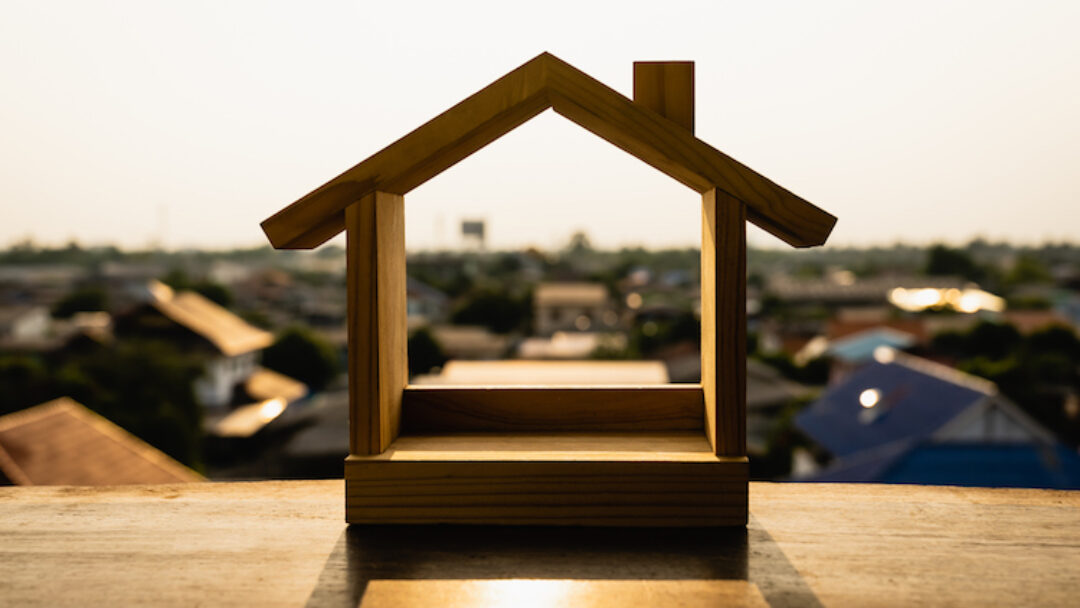We’ve all read about how housing costs in the Valley have jumped over the past few years. That increase – much like the spike in grocery prices, energy prices, and the cost of new and used vehicles – has been driven by the surge in inflation, higher taxes, and the higher cost of labor.
Take heart, however. The rent in metro Phoenix remains less expensive than in most U.S. cities, according to an analysis by CBRE.
The average apartment-dwelling family or individual spends about 24% of their income on rent in Phoenix compared to the national average of 30%, CBRE found.
Out of 25 major metropolitan areas, Phoenix ranked 8th in terms of affordability. Cities where residents were spending a greater share of their hard-earned salaries on rent included Dallas, Denver, Atlanta, Las Vegas, Sacramento and Orlando, the report said.
More positive signs: Salaries in Phoenix have risen faster than anywhere else in the last year, according to CBRE. And, as we’ve covered before in this space, housing costs have dropped or leveled off in recent months as a construction boom delivered thousands of new apartment homes to the Valley.
One of the fastest-growing destinations in the country
There’s a reason Arizona continues to attract thousands of people each year from California, Texas, New York, Florida and elsewhere, said John Carlson, president of Mark-Taylor Companies, a multifamily developer, owner, consultant and manager.
Many who sampled living in Arizona temporarily during the pandemic liked it so much they haven’t left, he said.
“Phoenix has been shortlisted as a destination,” said Carlson. “I call it the ‘boomerang effect.’ They assumed they would stay for 6 to 12 months and then never decided to go back.”
Still, there are challenges ahead.
Metro Phoenix is expected to grow by nearly a million people over the next decade, far more than the number of multifamily units currently in the pipeline, meaning developers will need to put more shovels in the ground to meet demand.
And, unless state and municipal leaders take quick action, the draconian zoning laws and bureaucracy will continue to make it difficult for the Arizona housing supply to grow quickly enough to keep up with that ever-increasing demand.








